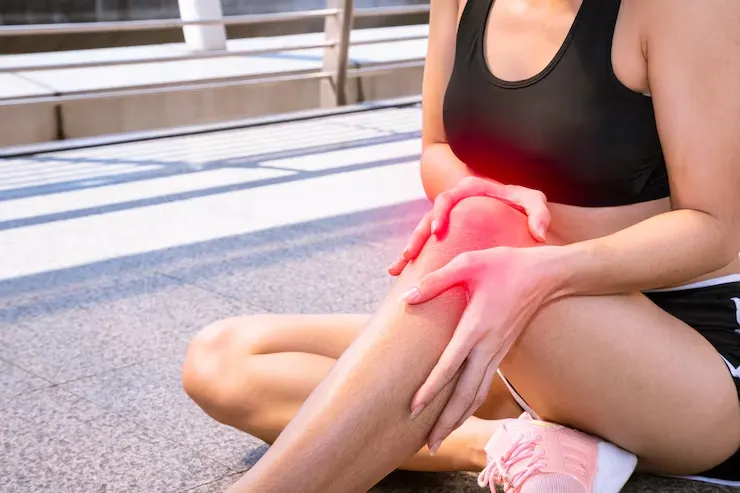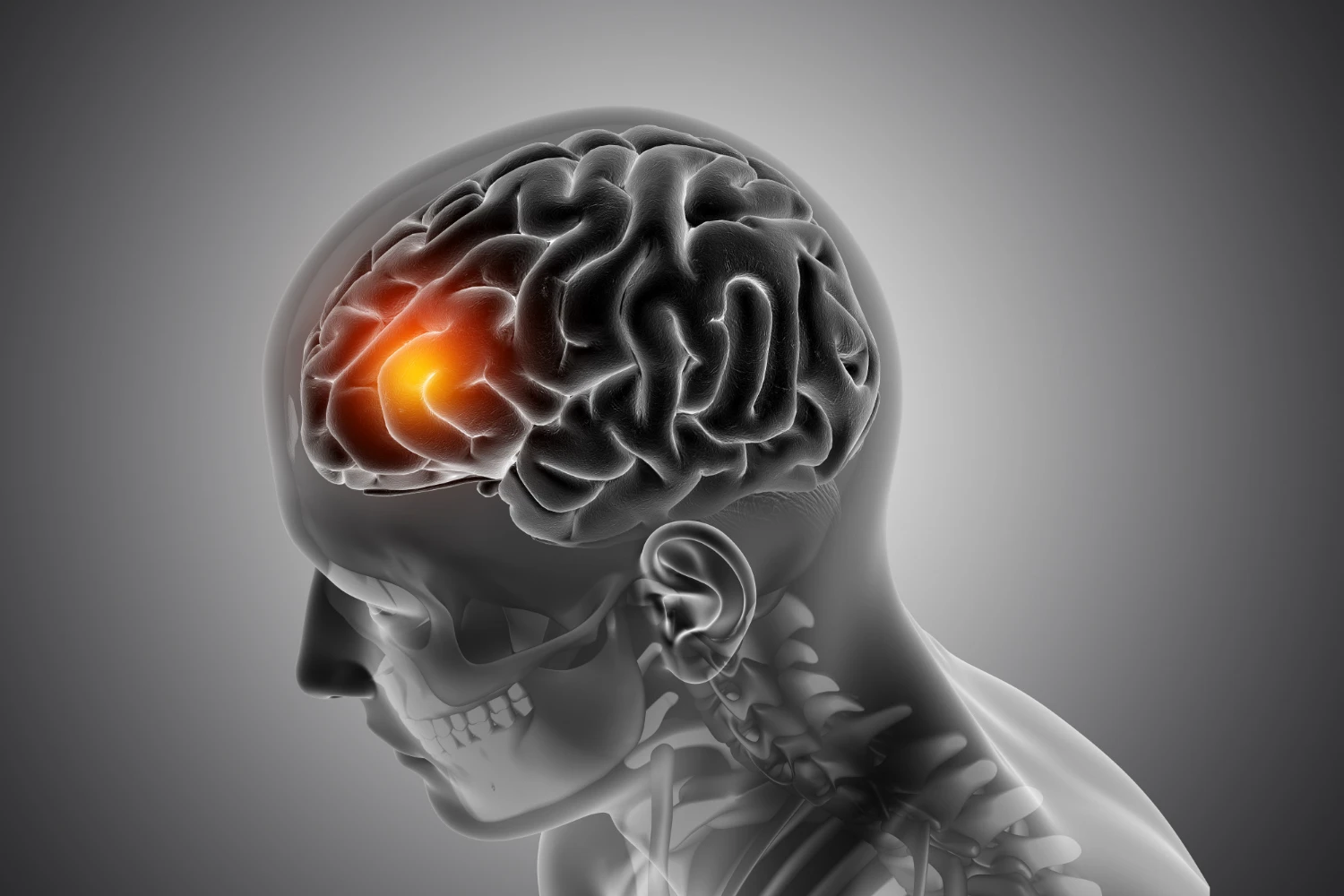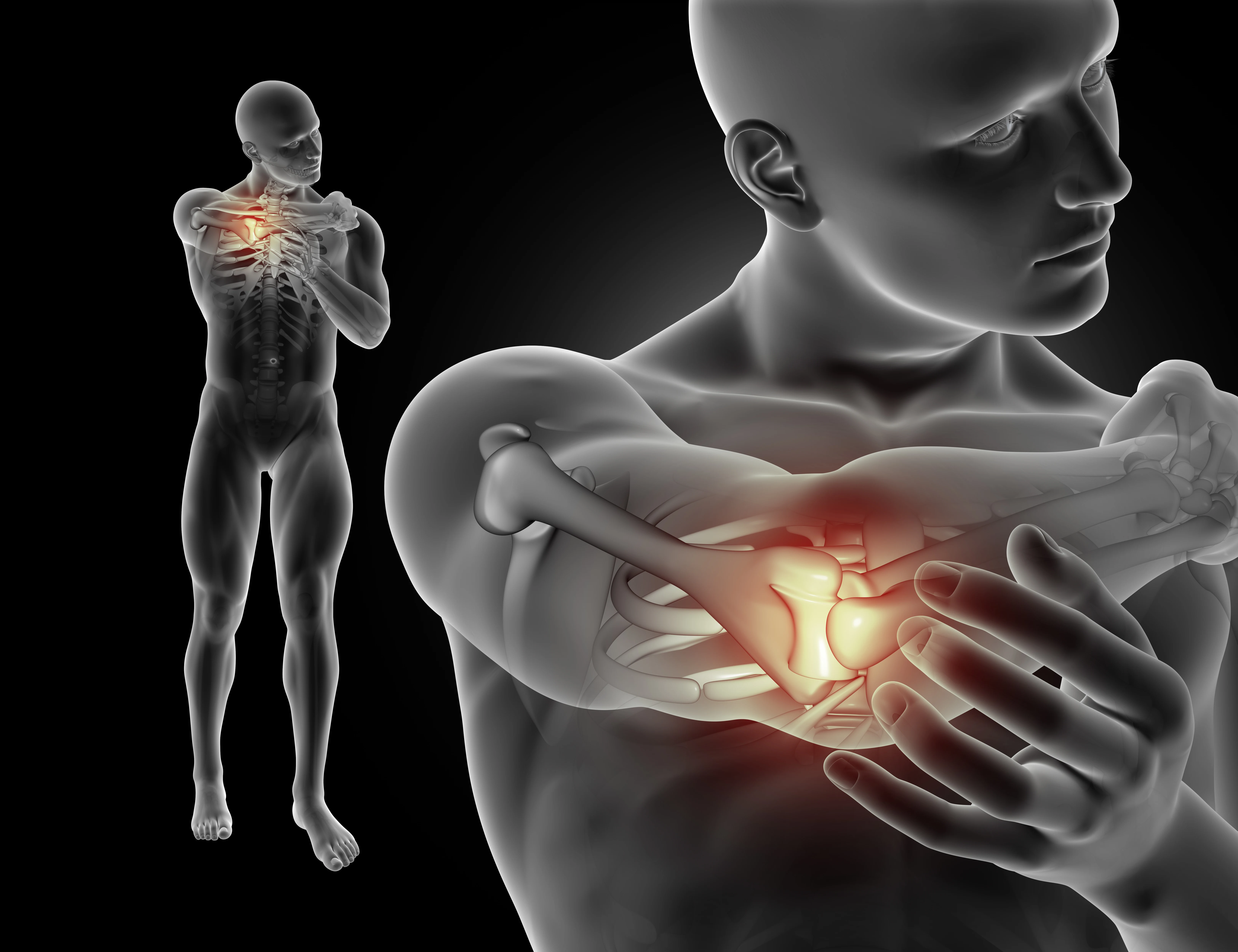How to Manage Chronic Joint Pain?
Category: Blogs
Chronic joint pain is a condition that affects millions of people worldwide, impacting their quality of life, mobility, and daily activities. Whether it is caused by arthritis, injury, or other health conditions, managing joint pain can be challenging. However, with the right approach, it is possible to reduce discomfort and improve overall joint function. In this blog, we will explore effective ways to manage chronic joint pain and how Lokmanya Hospital, a trusted healthcare provider, can help you regain control over your life.
Understanding Chronic Joint Pain
Chronic joint pain is defined as persistent pain in the joints that lasts for more than three months. It can affect any joint in the body, including the knees, hips, shoulders, and hands. The pain may range from mild to severe and can be accompanied by stiffness, swelling, and reduced mobility.
Common causes of chronic joint pain include:
- Osteoarthritis: A degenerative joint disease where the cartilage that cushions the joints breaks down over time.
- Rheumatoid Arthritis: An autoimmune condition that causes inflammation in the joints.
- Injury or Trauma: Previous injuries or surgeries can lead to chronic pain if not properly managed.
- Gout: A form of arthritis caused by uric acid crystals that form in the joints.
- Infections: Certain infections can cause joint inflammation and pain.
While chronic joint pain is common, it doesn’t have to control your life. With proper management, you can live an active and fulfilling life.
1. Lifestyle Changes for Joint Pain Management
One of the most effective ways to manage chronic joint pain is by making certain lifestyle changes that help reduce stress on the joints and promote overall joint health.
a) Maintain a Healthy Weight
Excess weight places additional strain on weight-bearing joints, particularly the knees, hips, and lower back. Losing even a small amount of weight can significantly reduce the pressure on your joints and alleviate pain. Focus on a balanced diet rich in fruits, vegetables, whole grains, lean proteins, and healthy fats. Incorporating regular physical activity will also help you maintain a healthy weight and strengthen the muscles around your joints, offering more support.
b) Exercise Regularly
Regular exercise is essential for joint health. Low-impact exercises such as swimming, cycling, or walking can help improve flexibility, strength, and range of motion in the joints without causing excessive strain. Strengthening exercises for the muscles surrounding the affected joint can provide additional support and reduce the burden on the joint itself.
Stretching exercises can also improve flexibility and prevent stiffness. Working with a physical therapist or a certified trainer can help you create a safe and effective exercise plan tailored to your specific needs.
c) Use Proper Posture and Body Mechanics
Improper posture and body mechanics can contribute to joint pain, particularly in the spine, knees, and hips. Be mindful of your posture while sitting, standing, and lifting objects. When sitting, use a chair with good lumbar support, and avoid sitting for long periods. When lifting heavy objects, bend your knees instead of your back to protect your joints.
d) Apply Heat and Cold Therapy
Heat and cold therapy can provide immediate relief from joint pain. Cold packs can reduce inflammation and numb the pain, while heat pads can relax muscles and improve blood flow to the affected area. Alternate between heat and cold depending on your needs. Always use a barrier (such as a towel) between the skin and the heat or cold source to avoid burns or frostbite.
e) Dietary Supplements
Certain supplements may help alleviate joint pain. Glucosamine and chondroitin are commonly used to support joint health and reduce symptoms of osteoarthritis. Omega-3 fatty acids, found in fish oil, can also help reduce inflammation. However, always consult your doctor before starting any supplement to ensure it is safe and appropriate for your condition.
2. Medical Treatments for Chronic Joint Pain
While lifestyle changes are important, medical treatments can provide additional relief for chronic joint pain. These treatments may include:
a) Medications
Nonsteroidal anti-inflammatory drugs (NSAIDs) such as ibuprofen or acetaminophen can help reduce pain and inflammation. For more severe pain, your doctor may prescribe stronger medications, including corticosteroids or disease-modifying antirheumatic drugs (DMARDs) for conditions like rheumatoid arthritis. Always follow your doctor’s instructions when using medications to avoid side effects or complications.
b) Physical Therapy
Physical therapy (PT) is a key treatment option for managing chronic joint pain. A physical therapist will work with you to improve joint function, strengthen muscles, and reduce pain. PT may include exercises, manual therapy, and modalities like ultrasound or electrical stimulation. A tailored PT program can help you regain mobility and independence.
c) Joint Injections
In some cases, joint injections can provide relief from chronic joint pain. Corticosteroid injections are commonly used to reduce inflammation in the joints, providing temporary relief. Hyaluronic acid injections can help lubricate the joint and improve mobility, particularly in the knee joint.
d) Surgery
In severe cases where other treatments are ineffective, surgery may be considered. Joint replacement surgery, such as knee or hip replacement, can significantly improve quality of life for patients with advanced joint damage. Arthroscopy, a minimally invasive procedure, can be used to repair damaged cartilage or remove debris from the joint.
Why Choose Lokmanya Hospital for Joint Pain Treatment?
At Lokmanya Hospital, we understand that joint pain can have a significant impact on your life. Our experienced team of orthopedic specialists, physiotherapists, and pain management experts are dedicated to providing personalized care that focuses on your specific needs. Here’s why Lokmanya Hospital is the right choice for managing chronic joint pain:
1. Expert Medical Team
Our hospital boasts a team of highly skilled orthopedic surgeons and specialists with years of experience in treating chronic joint pain. They are equipped with the latest medical knowledge and use advanced techniques to provide the best possible care for each patient.
2. Comprehensive Services
We offer a wide range of services to manage chronic joint pain, including diagnostics, medications, physical therapy, joint injections, and surgery. Our multidisciplinary approach ensures that you receive the most effective treatment options tailored to your condition.
3. State-of-the-Art Facilities
Lokmanya Hospital is equipped with modern medical technology and facilities to provide accurate diagnoses and effective treatments. From advanced imaging to minimally invasive surgical procedures, we use cutting-edge equipment to ensure the best outcomes for our patients.
4. Patient-Centered Care
We prioritize your comfort and well-being. Our team works closely with you to understand your concerns and develop a treatment plan that fits your lifestyle. Whether you need a personalized exercise program, medication management, or surgical intervention, we are here to support you every step of the way.
5. Convenient Location and Affordable Care
Located in the heart of the city, Lokmanya Hospital is easily accessible, making it convenient for you to receive timely care. We also offer affordable treatment options to ensure that you get the care you need without financial strain.
FAQs
1. What are the most common causes of chronic joint pain?
The most common causes of chronic joint pain include osteoarthritis, rheumatoid arthritis, gout, injury or trauma, and infections. Each cause requires a specific treatment approach, which is why it’s important to consult a healthcare provider for a proper diagnosis.
2. Can joint pain be completely cured?
While joint pain can often be managed effectively, it may not always be completely cured, especially in cases of degenerative conditions like osteoarthritis. However, with the right treatment plan, symptoms can be reduced, and function can be improved.
3. When should I see a doctor for joint pain?
You should see a doctor if your joint pain persists for more than a few weeks, is accompanied by swelling, stiffness, or fever, or interferes with your daily activities. Early intervention can help prevent further joint damage and improve your prognosis.
4. What are the benefits of physical therapy for joint pain?
Physical therapy helps improve joint function, strengthen muscles around the joint, and reduce pain. A tailored PT program can help you regain mobility, prevent further damage, and enhance your overall quality of life.
5. Are there any natural remedies for chronic joint pain?
While lifestyle changes like maintaining a healthy weight, exercising regularly, and using heat and cold therapy can help manage joint pain, natural remedies such as turmeric, ginger, and omega-3 fatty acids may offer some relief. Always consult your doctor before using natural remedies to ensure they are safe for your condition.







